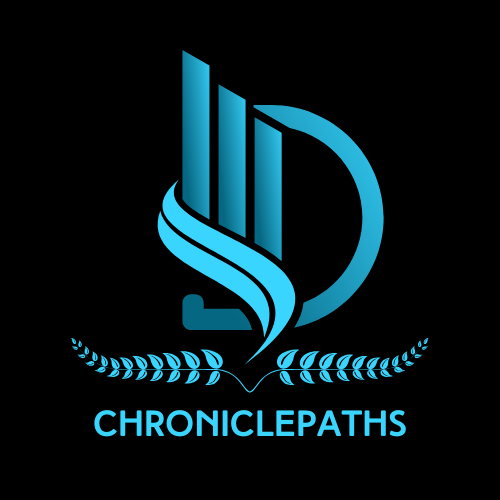Grace Hopper was an amazing computer scientist, mathematician, and a U.S. Navy rear admiral. Her work changed how we use computers today. She helped create the first compiler which made programming languages easier to use. Grace efforts led to COBOL, one of the first high-level programming languages that we still use.
Hopper wanted everyone to be able to use computers, not just experts. This biography talks about her early life, her work in computers, her time in the military, and how she’s remembered today.
Early Life and Education
Grace Murray Hopper was born on December 9, 1906, in New York City. She was good at math and science from a young age. Her parents encouraged her education, believing it was important for everyone.
She went to Vassar College and earned a degree in Mathematics and Physics in 1928. After that, she got a Ph.D. in Mathematics from Yale University.
In 1934, after finishing her doctorate, she went back to Vassar to teach math and continued her research.
World War II and Military Service
When World War II started, Hopper wanted to help. She tried to join but got turned down because of her age and size. Still, she kept trying and joined the U.S. Navy Reserve in 1943.
She was sent to Harvard University to work on the Bureau of Ordnance Computation Project with the Mark I computer, which was one of the first computers.
Mark I and Early Computing
The Mark I was a huge machine that did complex military calculations. Hopper became one of its main programmers, working with famous mathematician Howard Aiken.
She wrote the first computer manual too, making her one of the first technical writers ever. She even came up with the term debugging after finding a moth stuck in the Mark I.
Post-War Contributions and Compiler Development
After the war, Hopper kept working in computers. She joined Eckert-Mauchly Computer Corporation and helped develop the UNIVAC I, the first computer you could buy.
Invention of the Compiler
One of her biggest achievements was creating the first compiler, named the A-0 System, in 1952. A compiler translates written instructions into machine code. This made programming easier for everyone.
Before this, programming was tough. Hopper wanted it to be simple so more people could use computers.
Her work paved the way for modern programming languages and changed software development forever.
COBOL: Making Programming Accessible
Hopper’s goal to make computers easier to use led to COBOL (Common Business-Oriented Language) in the late 1950s.
Why Was COBOL Important?
- It used simple, English-like syntax.
- It became the go-to programming language for business and government.
- It allowed more people, even those without a tech background, to program computers.
Today, COBOL is still used, especially in banks and government systems, showing how Hopper’s work mattered.
Naval Career
Hopper went back to active military service in 1967 and worked on computer standards in the Navy. She pushed for common programming languages in different fields.
In 1983, she was promoted to Commodore, which later became Rear Admiral. This made her one of the highest-ranking women in the Navy. She retired in 1986 at 79, making her the oldest active duty commissioned officer.
Legacy and Recognitions
Hopper’s work earned her many awards:
1. Presidential Medal of Freedom
In 2016, she got this award posthumously from President Obama.
2. The Grace Hopper Celebration
This is the biggest gathering of women in tech, inspiring thousands every year.
3. The USS Hopper (DDG-70)
A navy destroyer was named after her.
4. The “Amazing Grace” Title
She was affectionately called this because of her brilliance and contributions.
Conclusion
Grace Hopper was a visionary who changed computing forever. From making the first compiler to developing COBOL, her work opened doors for many. She not only impacted computer science and software development but also the Navy.
Today, we remember her for her achievements and her push for women in tech. Her legacy inspires future generations of scientists, engineers, and programmers.
